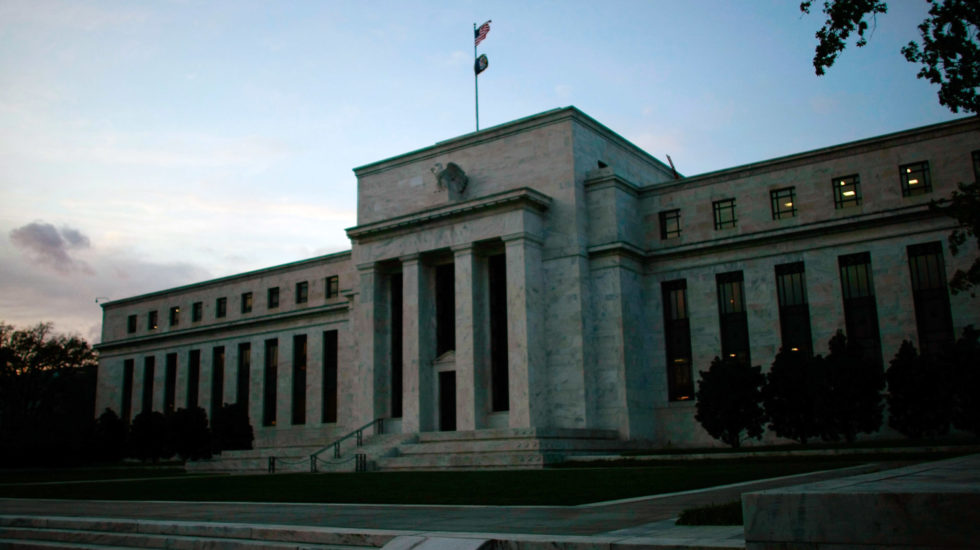With millions of Americans at risk from the spread of the coronavirus that causes the deadly Covid-19 disease, Congress dithering over a huge rescue package and Wall Street in free fall, the Fed says it will stop at nothing to protect Americans and bolster the U.S. economy.
“The Federal Reserve is committed to using its full range of tools to support households, businesses, and the U.S. economy overall in this challenging time,” it said in a statement on Monday. “The coronavirus pandemic is causing tremendous hardship across the United States and around the world. Our nation’s first priority is to care for those afflicted and to limit the further spread of the virus.”
Despite “great uncertainty,” it said, “it has become clear that our economy will face severe disruptions. Aggressive efforts must be taken across the public and private sectors to limit the losses to jobs and incomes and to promote a swift recovery….”
This means that the Fed will use its power to create money, buying up government debt and lending, directly and indirectly, to businesses and local governments. It will also create a Main Street Business Lending Program for small-to-medium sized businesses.
“In unleashing its aggressive new efforts, the Fed, led by Chair Jerome Powell, is trying both to stabilize the economy and allay panic in financial markets,” reports the Associated Press. “Many corporations and city and state governments are in desperate need of loans to pay bills and maintain operations as their revenue from customers or taxpayers collapses.”
The actions boost pressure on Congress to pass a nearly $2 billion economic stimulus program that Democratic and Republican lawmakers have been wrangling over since last week.
“The Fed’s intervention is not a substitute for fiscal stimulus,” former Fed economist Joseph Gagnon told the AP. “Let’s hope Congress passes something quickly.”
But another former Fed economist cited by the AP, Roberto Perli, warns that none of this will benefit the economy immediately.
“The next couple of quarters will still be probably bad,” he said.
The Washington Post quotes another top economic researcher, Ed Yardeni, president of Yardeni Research, as agreeing with Perli.
Yardeni offers three possible economic scenarios: “the Good, the Bad and the Ugly.”
“Any ‘good’ prospect — a growth recession with a stock market correction — was wishful thinking,” Yardeni wrote.
“That leaves only the Bad and the Ugly for now. The former is underway, with the global economy falling into a severe recession, the stock market in a bear market … and the Fed having lowered the federal funds rate to zero and restarted credit easing programs.
“The only question now is how bad will Bad be.”



